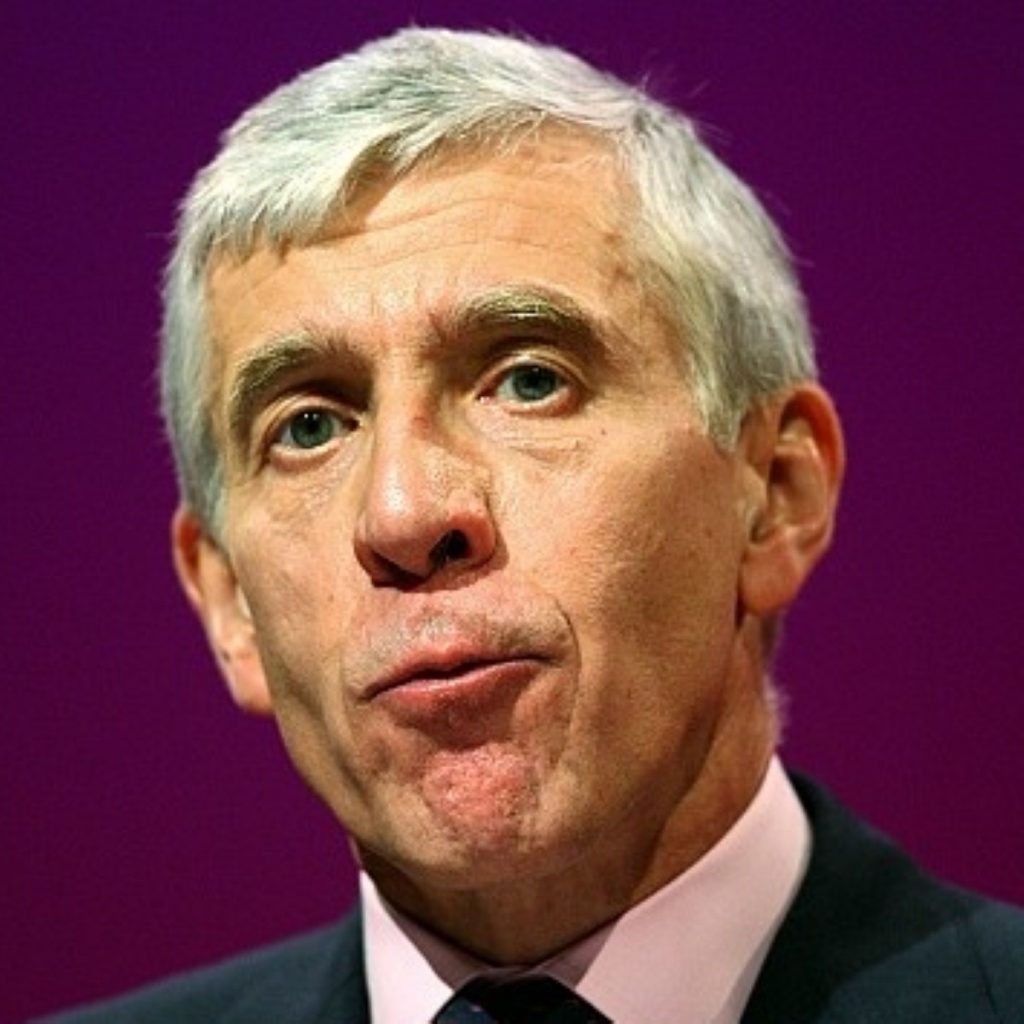The Commons rule Jack Straw appears to have broken
There's been a lot of talk recently of how Jack Straw and Malcom Rifkind probably didn't break Commons rules, not least from myself. That may apply to Rifkind, but it's not at all clear in the case of Straw. The difference? Straw used his parliamentary office for the meeting.
As you can see in this screen-grab from the video, the TV behind straw is showing the internal information channel in parliament – a common sight for those who work on the parliamentary estate.

The Telegraph story also specifically mentions this detail:


"During the meeting, conducted in his parliamentary office, Mr Straw explained that he has aided the firm on an unpaid basis for a number of years, as a result of which he is now being offered a place on their board.
"Mr Straw also used his Commons office to conduct meetings about possible consultancy work — a potential breach of rules. And he suggested that his Commons researcher had worked on his private business matters, raising further questions."
MPs' code of conduct (V: Rules of Conduct) states:
"Members are personally responsible and accountable for ensuring that their use of any expenses, allowances, facilities and services provided from the public purse is in accordance with the rules laid down on these matters. Members shall ensure that their use of public resources is always in support of their parliamentary duties. It should not confer any undue personal or financial benefit on themselves or anyone else, or confer undue advantage on a political organisation."
That definitely suggests that conducting matters related to private business activity in your parliamentary office is a breach of the rules.
It is put more explicitly in the Members' Handbook (page five), which states:
"The House provides various facilities and services to members, the cost of which is either met in full or subsidised by public funds. These include, for example: accommodation, including offices and meeting rooms, research support, ICT equipment and services, catering facilities, stationery.
"These facilities and services are provided in order to assist members in their parliamentary work. They should be used appropriately, in such a way as to ensure that the reputation of the House is not put at risk. They should not be used for party political campaigning or private business activity."
It's not quite an open-and-shut case, but those arguing both men were within the letter of the law should be cautious. Straw in particularly looks like he might have a hard time convincing the standards commissioner he was within the rules.












